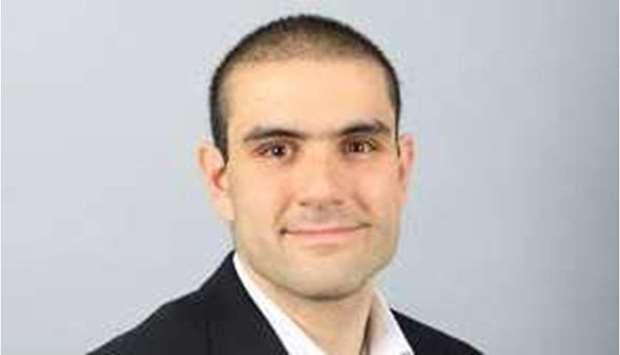A Canadian man who killed 10 people by ploughing a van into pedestrians in Toronto will learn whether his actions were criminal or owed to an autism spectrum disorder when a judge delivers her verdict on Wednesday.
Alek Minassian pleaded "not criminally responsible" due to his autism spectrum disorder (ASD) for the April 2018 attack that killed eight women and two men, and injured 16 others.
He admitted to planning and carrying out the attack, leaving his state of mind at the time as the only issue considered during his trial, which heard expert testimony from several psychiatrists.
"This is about a person who committed mass murder who happened to have ASD, not that the ASD made him commit murders," Crown attorney Joe Callaghan told the court on the last day of the trial, in December 2020.
"He always had an understanding, an awareness -- more than awareness -- that from society's perspective, his choice to kill was wrong."
Minassian's mother has said he suffers from Asperger's syndrome, a form of autism that includes impaired social interactions or communication.
Defense lawyer Boris Bytensky said in his closing arguments that Minassian's ASD left him incapable of discerning right from wrong and making a rational choice when he decided to target bystanders on a Toronto streetscape bathed in spring sunshine in one of Canada's most horrific attacks.
Because he raised a not criminally responsible defense, Bytensky must prove that Minassian more likely than not had a mental disorder that affected his actions to this extent.
If successful, say several legal experts cited by local media, it would mark the first time in Canada that autism was used to dismiss criminal culpability -- which advocacy groups have condemned over concerns it would further stigmatize those with the disorder.
Ontario Superior Court Judge Anne Molloy is scheduled to deliver her verdict, livestreamed on YouTube at 10:00 am local time (1500 GMT).
Minassian faces 10 charges of premeditated murder and 16 of attempted murder following the rampage where he drove a rented van at high speeds along two kilometers (more than a mile) of roads and sidewalks, indiscriminately targeting passers-by.
Just prior to the attack, he posted on Facebook: "The incel rebellion has already begun" and referred to American mass killer Elliot Rodger, who committed a similar attack in California.
During a police interrogation, Minassian described the anger he felt toward women and said this had motivated the attack.
He said he had joined an online community of like-minded men who described themselves as "incels" or "involuntary celibates," whose sexual frustrations led them to embrace a misogynist ideology.
But in subsequent interviews with doctors, he gave different motives for the attack, including seeking notoriety.
Minassian had stopped his rampage, he told police, only after his windshield was obscured by a splashed drink, and his trial heard he'd do it all again if he were let out of jail to better his "kill count."
If convicted, Minassian faces life in prison with no chance of parole for at least 25 years. Otherwise, he would receive treatment in a secure psychiatric hospital.

Alek Minassian
